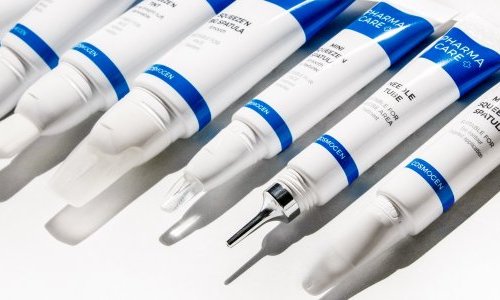Cosmetics Europe, Cefic and a coalition of 17 other business associations representing different European industrial sectors call for a swift ratification of the EU-Mercosur Free Trade Agreement.
In an open letter sent to the President of the European Parliament, Ms. Metsola, the President of the European Council, Mr. Michel, and the President of the European Commission, Ms. Von der Leyen, they claim the agreement is key to preserve their competitiveness and secure supply chains.
The text was supported by a wide variety of signatories including the European Automobile Manufacturers’ Association (ACEA); The Brewers of Europe; the European Confederation of the Footwear Industry (CEC); the Committee for European Construction Equipment (CECE), the EU wine companies committee (CEEV); the European Association of the Machine Tool Industries (CECIMO); the European Chemical Industry Council (Cefic); the European traders in agri-food commodities (CELCAA); the European Association of Automotive Suppliers (CLEPA); the European association of cosmetic industries (Cosmetics Europe); the Confederation of National Associations of Tanners and Dressers of the European Community (COTANCE); the European Dairy Association (EDA); the European Services Forum (ESF); the European Apparel and Textile Confederation (EURATEX); the Association of European Chambers of Commerce and Industry (EUROCHAMBRES); the retail sector (EuroCommerce); Europe’s Technology Industries (ORGALIM); SpiritsEUROPE; and Toy Industries of Europe (TIE).
“Free, fair and sustainable trade is key for our industry to leverage its strengths. The EU-Mercosur agreement is one of the key Free Trade Agreements that can foster multilateralism across regions. Without such fundamental agreements, it will become increasingly difficult for Europe to maintain its competitiveness, also in comparison with other leading nations such as China or the USA. The ratification of EU-Mercosur agreement should be a priority on Europe’s agenda,” said Marco Mensink, Cefic Director General.
Finalized in 2019, the EU-Mercosur agreement provides for a gradual reduction of nearly 90% in customs duties between the two zones over a period of 10 to 15 years depending on the sector. However, its signature and ratification came up against the hostility of a large proportion of citizens, opposition from the European agricultural sector, and hostility from several left-wing political forces. The agreement has also raised many questions about its impact on the environment.




























